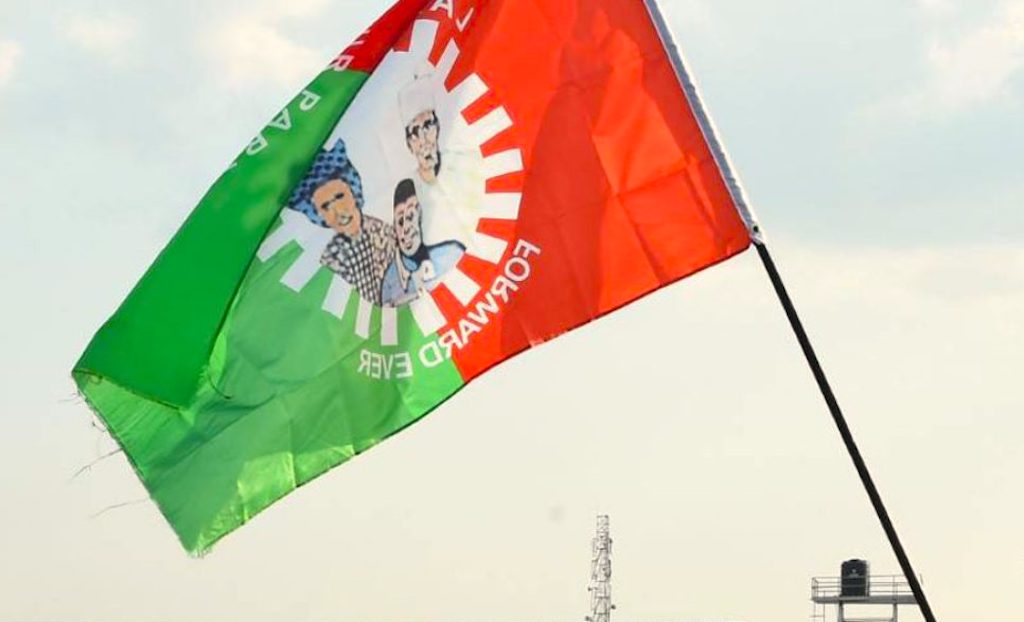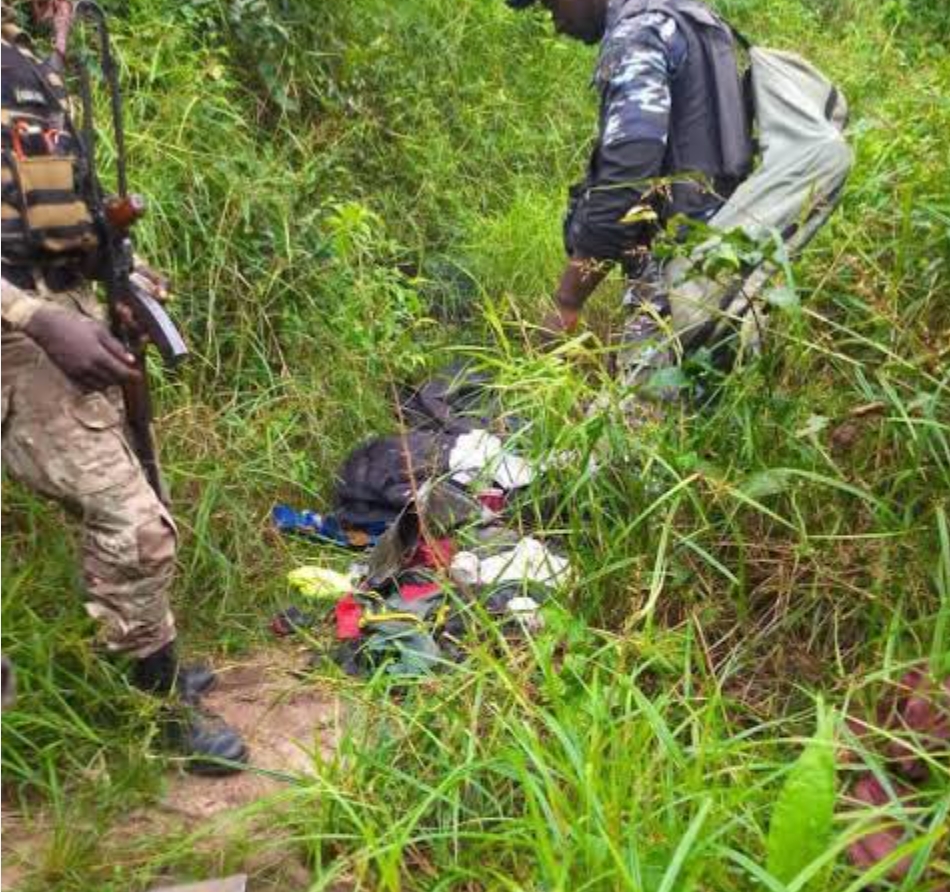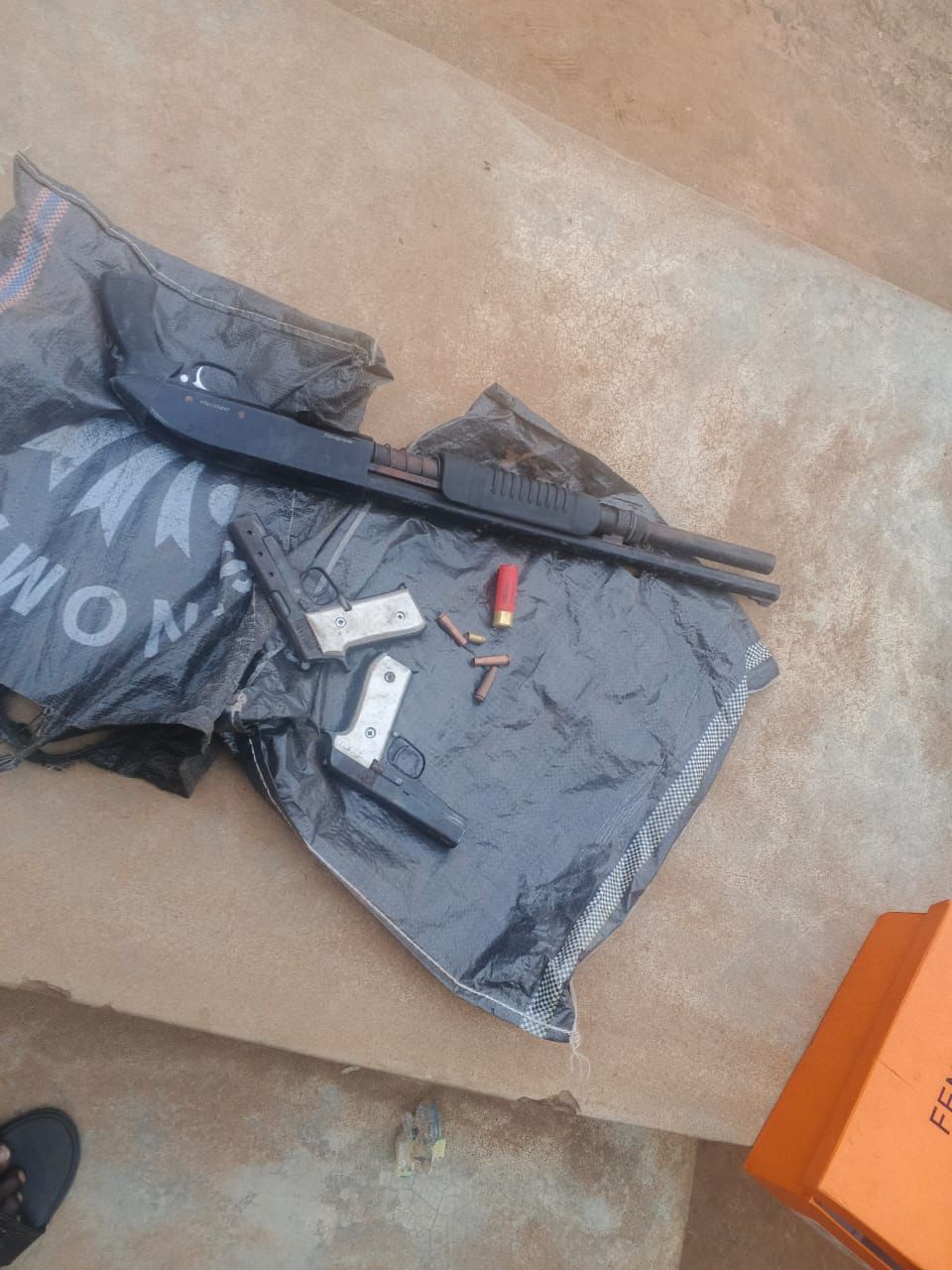From the seemingly unending attacks in the region to the Obidient Movement and the conviction of a former Nigeria’s Deputy Senate President, Ike Ekweremadu, the year 2023 was clearly an action-packed year in Nigeria’s south-east.
Deadly attacks
Like in other recent years, 2023 will be remembered for the deadly attacks in the South-east. Sadly, there are no indications that the attacks will end soon. Gunmen said to be part of the Biafra agitation in the region, have abducted, killed and beheaded several persons, mainly government officials and security operatives in the region during their numerous attacks in the year.
Security facilities and the offices of the Independent National Electoral Commission (INEC) in the five South-east states – Enugu, Anambra, Ebonyi, Imo and Abia – have suffered recurring attacks by gunmen in 2023.
The Indigenous People of Biafra (IPOB), a group seeking to carve out a sovereign state of Biafra from South-east and some parts of the South-south of Nigeria, has been linked to some deadly attacks in two regions. But the separatist group has repeatedly denied any involvement in the attacks.
Some of the prominent incidents include the killing of Oyibo Chukwu, the 2023 Labour Party senatorial candidate for Enugu East District in Enugu State alongside five others and the attack on the convoy of a former governor of Imo State, Rochas Okorocha, which resulted in the death of a police operative. Apart from the attacks and killings by suspected pro-Biafra gunmen, kidnap attacks intensified in 2023 in the South-east with several people abducted and others killed by the abductors across the region.
Obidient Movement
The year 2023 will be remembered for the wave of Obidient Movement, which gained traction and unsettled many politicians in Nigeria in the build up to the 2023 general elections, given that many Nigerian youths embraced the movement.
Obidients is a popular name for supporters of Peter Obi, the Labour Party (LP) presidential candidate in the 2023 general election. Obidient Movement is often used to describe the activities of the group, which have been critical of President Bola Tinubu and his party, the All Progressives Congress (APC). Mr Obi, a former governor of Anambra State, enjoyed a great following during the 2023 elections, especially in Nigeria’s South-east.
The former governor did not win the presidential election, but his party, the LP, won several elections in the country for the first time in the history of the party.
Although the impact of the Obidient Movement was felt almost across Nigeria, it was more in the South-east with the LP, for instance, producing a governor for the first time in Abia State and winning many federal and state legislative seats in Enugu State in 2023.
Like in Abia, the victories recorded by the LP in some parts of the country have been linked to Mr Obi’s “effect” and Obidient Movement which organised several rallies to mobilise support for LP candidates in the election.
New naira notes scarcity
Like in other regions of Nigeria, the memories of the new naira notes scarcity in the southeast would linger because of the severe hardship it brought upon the people.
The scarcity began after the Central Bank of Nigeria (CBN) introduced the newly redesigned N200, N500, and N1,000 notes which they said were meant to help in the nation’s fight against corruption, terrorism, counterfeiting and related crimes.
The CBN policy led to the scarcity of the naira notes, bringing unprecedented hardship to millions of Nigerians in an economy significantly driven by the informal sector with a large proportion of the unbanked population.
A 31 January deadline initially set for ending the legal tender status of the old naira notes was extended to 10 February as the supply of the new notes fell far short of the volume needed by citizens to meet their most basic transactions across the country.
Since then, the illegal order has continued, despite efforts by various Igbo leaders such as Governor of Anambra State, Charles Soludo and his Enugu State counterpart, Peter Mbah, against it. Observance of the illegal order has, however, slightly waned in the past months across the region.
Emergence of new Ohanaeze president-general
Many new leaders emerged in various states recently in the South-east such as Enugu, Abia and Ebonyi, but the emergence of Emmanuel Iwuanyanwu as the new president-general of Ohanaeze Ndigbo, was a significant event in the region.
Ohanaeze Ndigbo is an influential socio-cultural group for the Igbo speaking people in the South-east and parts of South-south Nigeria (Rivers and Delta States). Mr Iwuanyanwu, who hails from Atta, a community in Ikeduru Local Government Area of Imo State, was nominated by Imo Elders Council led by its Chairperson, Cletus Ilomuanya, in April 2023 to replace the immediate past leader of the organisation, George Obiozor, who died in December 2022.
The leadership of the Ohanaeze is rotational among seven Igbo-speaking states in the two regions.
Mr Iwuanyanwu’s nomination was for him to complete the aborted tenure of Imo State, following the demise of Mr Obiozor, a professor, who came from the state.
His nomination as the new president-general of the Igbo group was confirmed during a meeting of Ohanaeze Imeobi at Enugu’s Banquet Hall on 30 April 2023. Imeobi is the highest decision-making organ of the Ohanaeze Ndigbo.
Failed attempt at producing a president
When the support for Mr Obi, the LP candidate was gaining traction across Nigeria, many residents of the South-east thought that the long wait for the region to produce the country’s president would be over.
Although the former governor of Anambra State was not the only presidential candidate from the South-east, he was seen by many residents of the region as the “stronger” instrument for the Igbo’s shot at the presidency.
But their expectation did not happen after INEC declared Mr Tinubu as the winner of the 2023 presidential election.
Before then, several leaders of the South-east had argued that it was the turn of the region to produce a president for the first time given that other regions of the country had done so in the past.
The frustration of South-east residents began earlier in 2023 when the APC and the Peoples Democratic Party (PDP) – the two dominant political parties in the country – picked their presidential candidates outside the South-east.
Meanwhile, Mr Obi, a former presidential aspirant in the PDP, left the party days before their presidential primary, saying some actions in the party were inconsistent with his “belief and persona.”
The former governor subsequently joined the LP where he later emerged as the party’s presidential candidate. In the election, Mr Obi won in several states outside the South-east such as Lagos and Abuja, which confirmed the swelling support for his candidacy in the country. After the election, he also lost his legal challenge to the victory of Mr Tinubu at various Nigerian courts.

Umahi Withdraws From Senatorial Re-run in Ebonyi
The younger brother to the Minister of Works, Chief Austin Umahi, has withdrawn his senatorial ambition in the February 3 re-run election.
In a statement that was signed on behalf of the family by High Chief Nwaze Umahi and made available to journalists by Chief Austin Umahi he was prevailed upon by his family members to withdraw from the senatorial race.
“The family of late Joseph Umahi Nwaze has decided to passionately appeal to Austin Umahi and his teaming loyal and dogged supporters to kindly shelve his legitimate ambition of contesting for the vacant Senatorial seat for now in order to give peace a chance and disappoint all those people who want to engender crisis and anarchy in Ebonyi South Senatorial District, as no position is worth spilling the blood of anybody. No sincere person who wants to serve the people in any capacity ought to fight for it”.
“The family immensely appreciates Austin Umahi for accepting to drop his just ambition and thank his teaming supporters for their sustained support even after the purported Ebonyi APC SWC resolution,” Umahi said.
The family however frowned at the earlier resolution of the State Working Committee of the APC for zoning the Senatorial position at Onicha Local Government Area, which excluded their brother from the race.
The statement further read: “That the Umahi family is not unaware of the resolution purportedly passed by the State Working Committee of the Ebonyi State APC (Ebonyi APC SWC) purportedly zoning the Ebonyi South senatorial seat to Onicha Local Government Area”.
“That the family is not unaware that the purported Ebonyi APC SWC resolution has no place in law as it’s the exclusive preserve of the APC National Executive Committee (NEC) or the National Working Committee (NWC) to zone political offices, if need be, and to organize party primaries for all elective offices”.
“That the whole essence of the purportedly Ebonyi APC SWC resolution is to oust Austin Umahi from contesting the primary in view of the clear evidence on ground that Austin enjoys an overwhelming grassroot support capable of granting him outright victory in a free and fair APC primary and re-run elections in Ebonyi South.”




